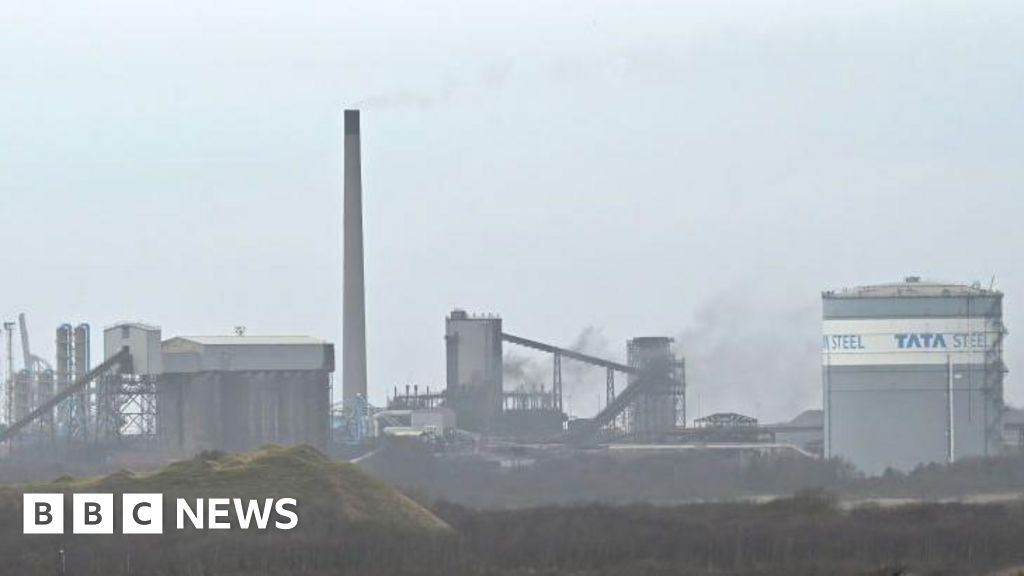Planned strike action by the Unite union at Port Talbot, the UK’s largest steel works, is expected to be cancelled so that further discussions can take place regarding its future with owners, Tata. The steel company had claimed that the planned strike had put worker safety at risk and could bring forward the closure of the remaining blast furnaces. The GMB and Community unions, which did not support the proposed action, were aware of Tata’s plans to bring forward the closure of furnace number four from September.
Two possible scenarios exist for the future of the site. The closure of both furnaces would mean the loss of 2,800 jobs. However, extending the life of one furnace until 2020 could save 2,000 people their jobs. Tata has agreed to talks with the workforce to determine the future direction, including development of a new £1.25bn electric arc furnace to recycle scrap metal. The UK government has already pledged a £500m grant to assist in developing the new facility.
The new electric arc furnace will cost less in terms of energy usage and requires fewer staff than the older blast furnaces. Union officials, however, accepted that there are no guarantees that work at the site would continue beyond September. Unite has claimed a victory in prompting talks to be opened up after the forthcoming general election. However, officials from other unions have maintained that by their proposed action Unite has achieved “nothing but chaos and have cost their members money,” referring to an earlier overtime ban called by the union.
Even if one of the existing furnaces is retained, the sector in the UK faces a challenging future due to a worldwide steel glut, US tariffs on steel production, and relatively high energy prices in the UK. If the expected closure is confirmed, it would be a further blow to the UK’s north eastern coastal region, whose economy has been supported for the past century by the steel industry. A number of workers at the site feel aggrieved that Tata has benefited from government subsidies for years
Read the full article from The BBC here: Read More
